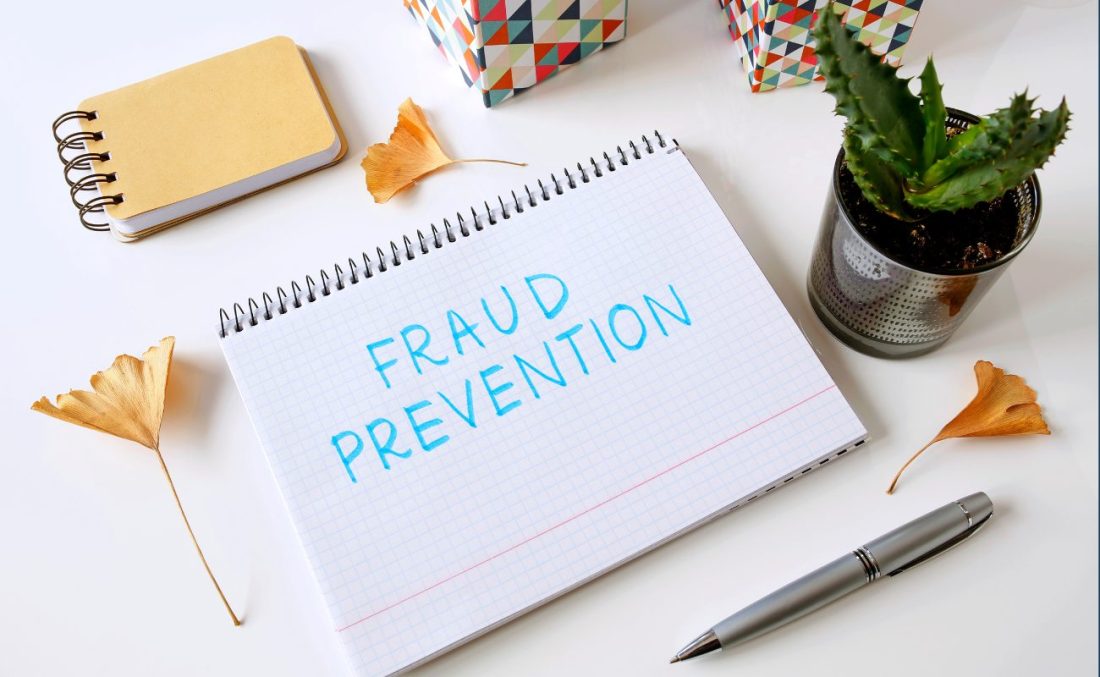China Sourcing: Embezzlement and Fraud
October 10, 2024

This is a tough topic to tackle. Most of us would like to think that Chinese suppliers are nice and honest, they just focus on making a living, the best they can. We don’t want to even think that some of them can be dishonest, and worse, that some of them will cheat us. But unfortunately, cheating happens all over the world, and China is no exception. And, in this modern world of interconnectivity and sophisticated internet processing, Chinese companies and individuals are more aware of what drives importers to buy directly from China: good prices. Some of them take advantage of this knowledge to cheat. Sad but true. Better be aware of scams from China than blissfully ignorant.
Having spent 40+ years in China, we have come to witness many different types of frauds and embezzlement, and we have learned very valuable lessons from them. We decided to pass on some of these lessons to you so that you are forewarned and do not fall victim to them.
The fact is that, as China opens up, many more players participate in the trade, and some of them are not very scrupulous about how they make money.
In this blog, we will cover some of the scams unwitting importers can be faced with, starting with the minor and progressing to the unbelievable. We offer an analysis of the process and suggest some solutions to avoid or prevent these problems:
-
Backsliding:
This approach is fairly common and mild. It consists of quoting a low price and sending good quality samples. When the order comes through, the buyer requires an upfront payment of 30%, which is often paid without question because the price was good and sample was great. Then the balance of the payment is made when the goods are ready for shipping, which often is paid because photos are provided to show the production meets the required quality and 30% has already been paid, so one might as well pay the rest. But when the shipment is received, the quality of the product turns out to be poor.
What happens next:
- The seller claims the quality requirements were clear and they were met. He/she disputes the buyer’s argument that the quality is bad and demands an official inspection (which is costly) and eventually the seller may settle, grudgingly.
- The buyer often has very little recourse, especially if he/she is new and relatively small, since the seller is not too worried about losing a good potential client. At best, the buyer can sell the goods at a discount, at worst, the buyer loses money and clients.
- The seller offers a discount on the next order to resolve the issue. The buyer often has no choice but to accept – but is not sure the next shipment will be better.
How to prevent this:
The buyer should have:
- very clear specifications that are part of the buying contract and
- a thorough pre-shipment inspection
-
Bait and switch:
This is outright fraud. It is when a seller advertises a low price for a well-known commodity (i.e. Often chemicals, fertilizers) and provides quality guarantees.
What happens next:
- The buyer pays the down payment, then pays the full amount of the shipment upon receipt of quality certificate and bill of lading. But when the shipment is received, the container is full of miscellaneous garbage.
- The buyer seeks recourse, but the seller has disappeared (often to start the scam again, under a new name). Such companies are set up for the scam, they usually collect between $60,000 and $150,000 and then disappear. Even Chinese authorities cannot find the owners.
How to prevent this: Make sure the seller is a bona fide supplier, registered with the government, in business for some years and has solid assets (i.e. A factory).
-
Phishing and embezzlement:
This is when a third party hacks into a valid transaction and hijacks the payment. This is much rarer, but it happens. See articles about hackers posing as suppliers and importers to re-route funds to their own accounts, as depicted in this blog from ChinaImportal.com from 2013. See also the Forbes article 2015 about the China Bank Switch Scam.
What happens next:
- Emails are hacked before payment. The hackers impersonate the seller and provide alternate payment information. Buyers then think the emails are coming from the suppliers. Emailed payment instructions redirect funds to a third-party account.
- The hacker disappears as soon as he/she collects payment. And the seller now has no recourse, even if the FBI is involved.
How to prevent this:
- Have pre-agreed and clear payment protocols with the vendor and do not deviate from those unless you speak to them on the phone to verify – and recognize them.
- Check payment instructions carefully – if the amounts do not correspond, if the name of the beneficiary or the bank is different, if the address does not match – do not send the funds until you are able to verify the information is correct.
When it is time to send funds, it is also time to be vigilant, in fact it pays to be vigilant BEFORE you enter into a buy/sell contract. It can be intimidating sending funds to China for sourcing projects, or any country for that matter, because once funds are gone, there is very little that can be done to recover them. I hope that the above tips can help ensure that your business doesn’t lose money on common scams.
Do you have any procedures in place to avoid scams from China? What are they? Share your thoughts with us in the comments below.
Written by Jocelyn Trigueros
Editor’s Note: This blog was originally published in April 2019.
Watch the video version of this blog below:


One Comment